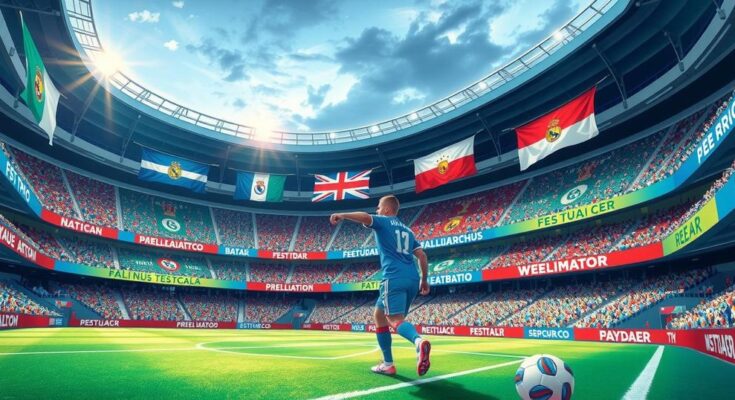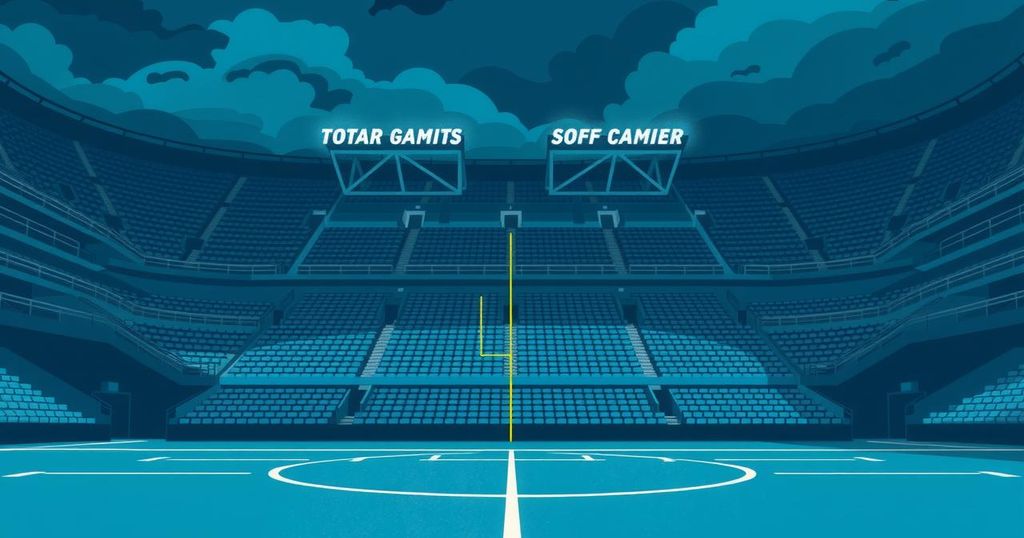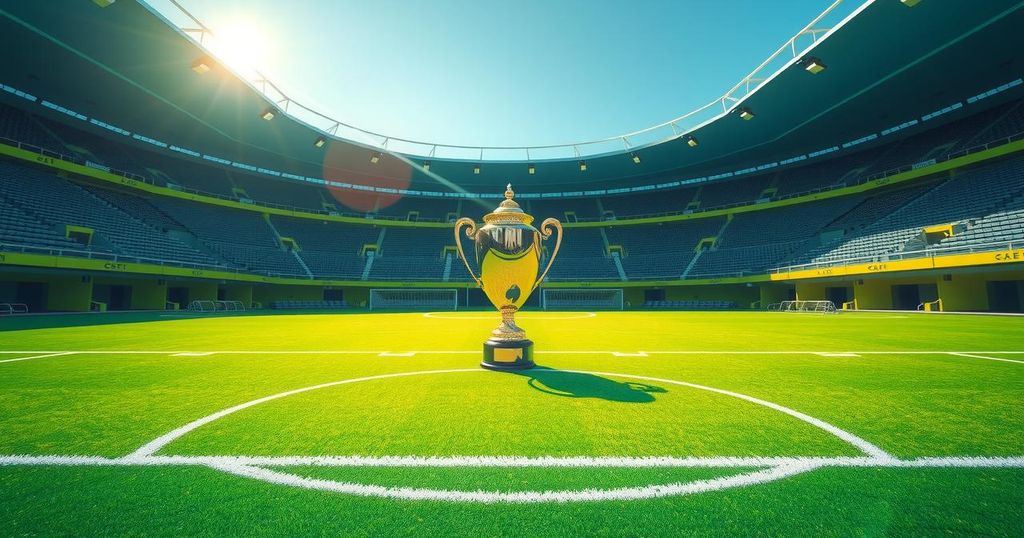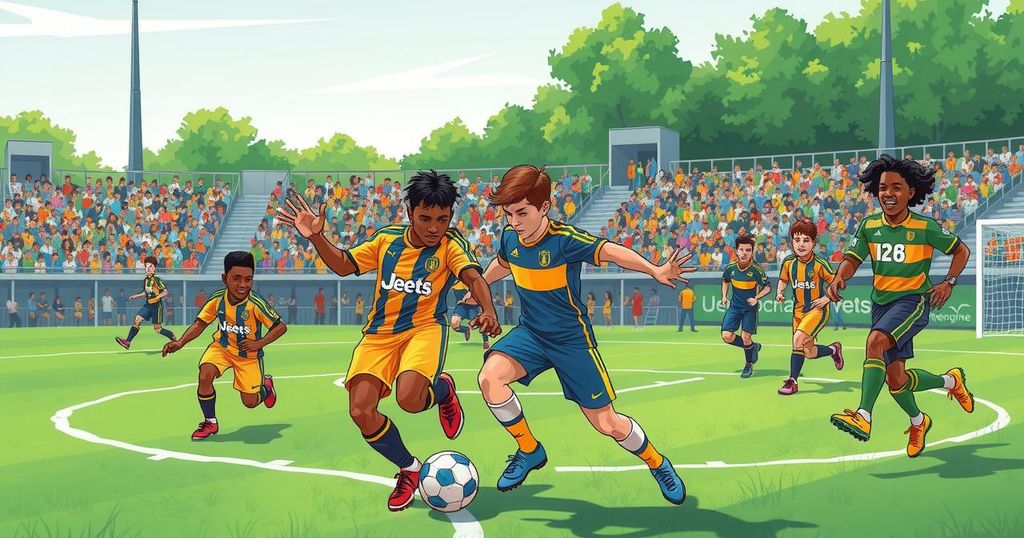A fan-driven petition is urging PSG and other clubs to terminate their sponsorship deals with Rwanda due to allegations of the country’s involvement in human rights abuses related to the DRC conflict. As clubs progress in the Champions League, scrutiny of their partnerships with the Rwanda Development Board rises. Authorities in Kigali deny the claims, while critics label this a case of sportswashing. Fans and human rights advocates call for a reevaluation of such sponsorship arrangements.
The petition initiated by Paris Saint-Germain (PSG) fans highlights the scrutiny surrounding Rwanda’s sponsorship deals amid ongoing conflict in the Democratic Republic of Congo (DRC). Major European clubs, including PSG, Bayern Munich, and Arsenal, display the “Visit Rwanda” logo as they compete in the UEFA Champions League quarter-finals. As these teams advance, critics are increasingly questioning the morality of their association with Rwanda amid allegations of support for rebel groups in DRC.
Rwanda’s backing of the M23 militia, which has been involved in violent conflict within DRC, has raised concerns from human rights organizations and the United Nations. Despite Kigali’s denials, stating that their military actions are defensive, pressure mounts for these football clubs to reconsider their partnerships. Campaigners, like Jordan Madiande, who launched a petition urging PSG to part ways with Rwanda Development Board (RDB), emphasize the potential implications on the clubs’ reputations and values.
As Arsenal and Bayern Munich maintain their sponsorship ties, PSG has yet to issue a public response to the petition, which has garnered 73,000 signatures. The DRC’s foreign affairs minister, Thérèse Kayikwamba Wagner, has urged these clubs to reassess their sponsorship agreements, citing the dire humanitarian situation resulting from the conflict.
Madiande’s petition asserts that PSG and similar prestigious clubs carry a responsibility to uphold positive values and should not be seen as complicit amidst ongoing human rights violations. The current contract between PSG and the RDB is valued at 15 million euros annually and raises questions about the influence of sponsorship in global sports, particularly as Rwanda seeks to enhance its international image through such deals.
Rwanda, under President Paul Kagame, is leveraging sports to promote its image while facing accusations of human rights abuses. With significant investments in global sporting events, critics argue that the country is engaging in “sportswashing”—diverting attention from its internal issues. The RDB has responded to criticisms by arguing that misinformation is undermining its international partnerships and efforts for regional stability.
As the PSG fanbase continues to rally for change, Madiande indicates he will monitor the situation closely. Should PSG renew their sponsorship with RDB, he and others may escalate their campaign for reconsideration. Madiande’s commitment to both his club and social justice underscores the critical intersection of sports, politics, and ethics in today’s global landscape.
The ongoing situation surrounding the sponsorship of PSG, Bayern Munich, and Arsenal by the Rwanda Development Board (RDB) emphasizes the delicate balance between commercial interests in sports and moral responsibilities. With increasing scrutiny over Rwanda’s involvement in the DRC conflict, fans and activists are calling for these clubs to prioritize human rights over financial gains. As the story evolves, the outcome of such partnerships could significantly shape both the clubs’ reputations and their ethical standings in the global arena.
Original Source: www.rfi.fr




